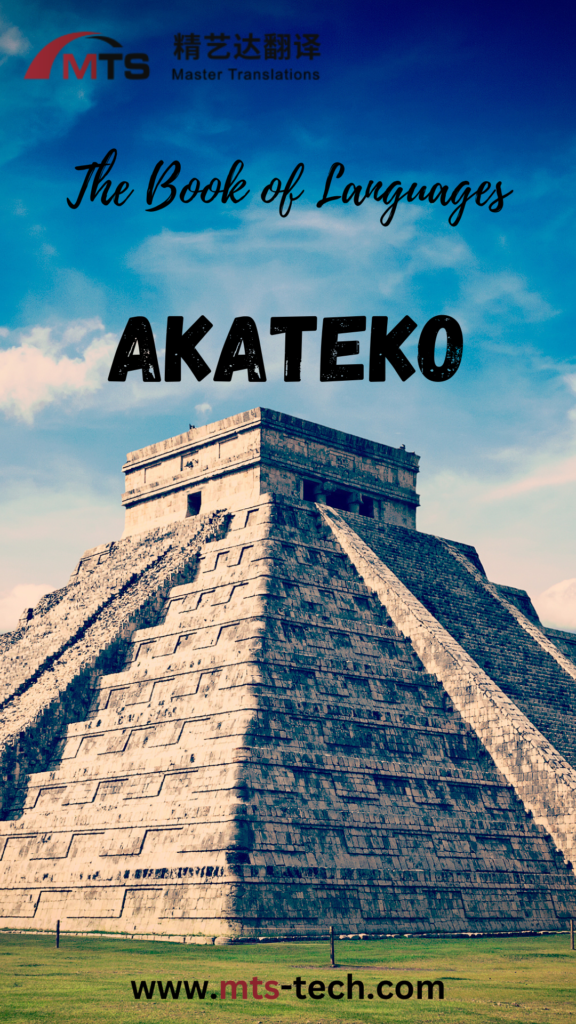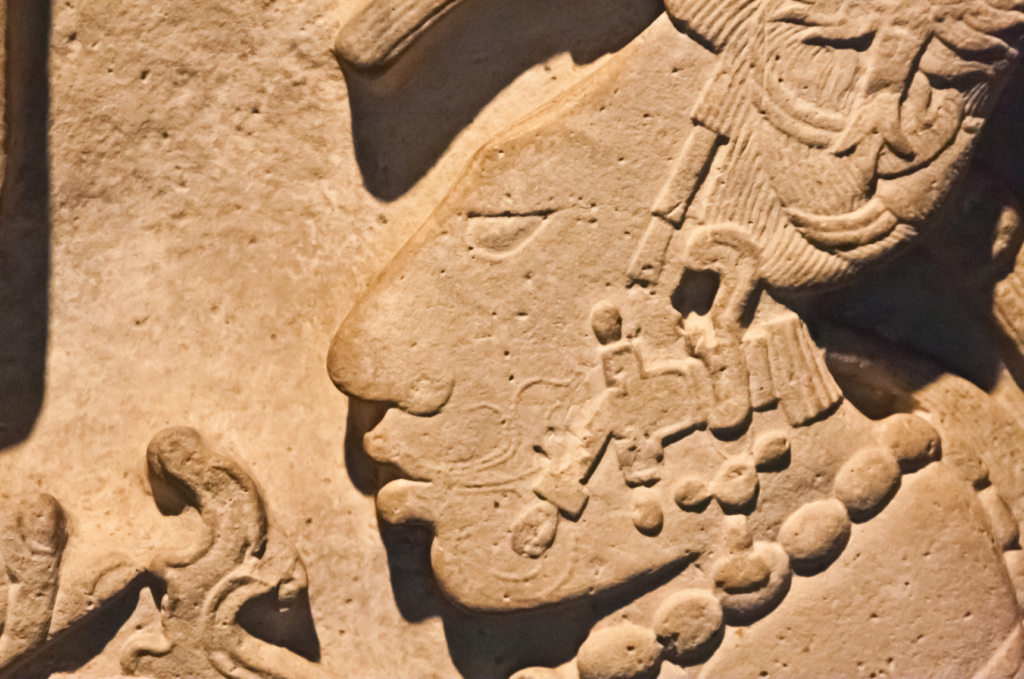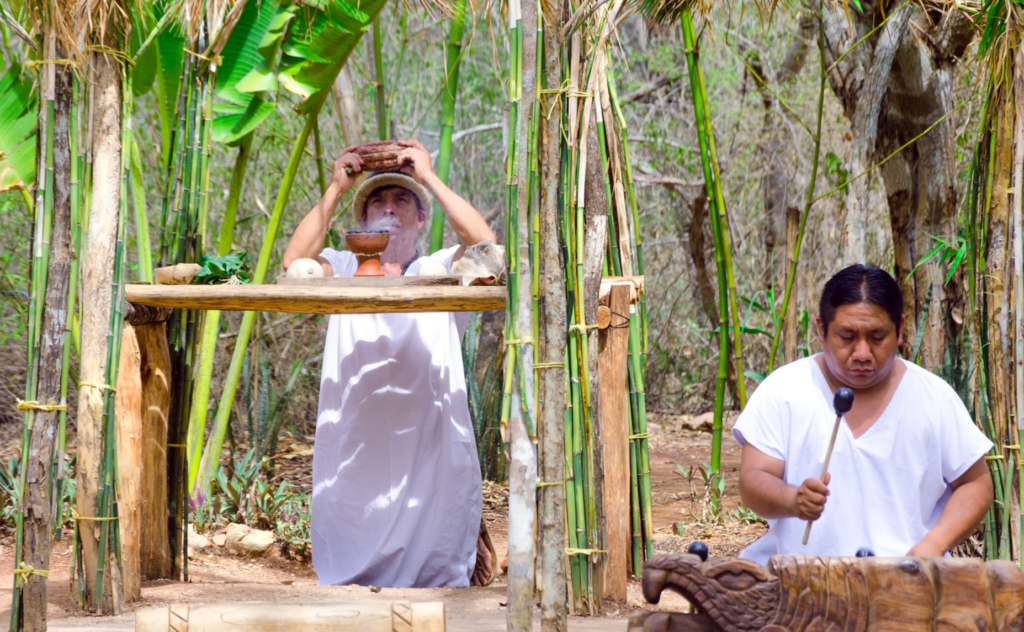
In the labyrinth of languages, there exists a linguistic gem known as Akateko. Fondly nestled within the Mayan language family, Akateko is a vibrant tongue that paints vivid pictures of the cultures, traditions, and lifestyles of the indigenous Akateko community. With every syllable, Akateko exudes an aura of ancient wisdom and innate simplicity that is as captivating as it is enlightening.
The language, primarily spoken in parts of Guatemala and Mexico, is more than just a means of communication. It is an indelible part of the Akateko identity, a testament to their resilience, and an echo of their rich history. With its intricate sounds and complex grammatical structures, Akateko serves as a delightful challenge for any linguistic enthusiast.
The History

The roots of Akateko journey back to the grandeur of the Mayan civilization. As one of the twenty-one Maya languages, Akateko finds its lineage intricately woven into the tapestry of this enigmatic and historic civilization. Like a river that has weathered the tides of time, Akateko has survived the onslaught of colonization, language erosion, and cultural assimilation, bearing silent testimony to the indomitable spirit of the Akateko people.
While many ancient languages have wilted under the scorching sun of modernity, Akateko remains a vibrant and vital part of the Akateko community. A living relic, it continues to preserve and propagate the wisdom and traditions of the Akateko people. In this language, the past whispers gently into the present, ensuring that the legacy of the Akateko people never fades into oblivion.
Words!
Akateko flourishes with words that are as intriguing as they are unique. Take, for example, the word ‘k’uxlem,’ which beautifully encapsulates the concept of living, existing, and being alive. An existential pondering wrapped neatly in a single word, ‘k’uxlem’ is an example of how Akateko transcends the barriers of language to delve into the realm of philosophy.
Another fascinating term is ‘xik’otyol,’ translating to ‘my heart hurts.’ This phrase conveys not just physical pain, but emotional and spiritual anguish as well, exemplifying the language’s ability to capture the complex nuances of human emotions. Akateko is not just a language, it’s a conversation with the soul.

One of the most intriguing aspects of Akateko is its tonal nature. This means that the meaning of a word can change based on the pitch at which it is spoken. As a result, Akateko is a melodious language, where words often dance to the tunes of different tones. Imagine speaking in a language where every conversation feels like composing a symphony!
Additionally, Akateko exists predominantly in oral form. Despite this, it still has a rich and varied vocabulary, testament to the oral traditions of the Akateko people. This fact makes Akateko a fascinating study for linguists, as it challenges the notion that written languages are inherently more complex or sophisticated.
Ancient Music Alive

Music forms an integral part of the Akateko culture, and the language beautifully complements this love for melodies. Traditional Akateko music, with its rhythmic beats and soulful tunes, often features lyrics in Akateko. These songs are not just a source of entertainment but also serve as a medium of storytelling, preserving the folklore, traditions, and history of the Akateko community.
The tonal nature of Akateko adds a unique flavor to its music. Imagine a language where the meaning of words changes with the pitch, enhancing the musicality of songs. It’s almost as if Akateko was designed with music in mind, creating a harmonious blend of linguistics and melodies.
Learning Akateko can be a rewarding and enlightening experience. Acquainting oneself with this language is akin to taking a deep dive into the rich cultural and historical reservoir of the Akateko community. While the journey may be challenging, given the language’s complex grammatical structures and unfamiliar phonetics, the destination is unquestionably worth the effort.
Unfortunately, resources for learning Akateko are scarce, as it is an endangered language. However, this should not deter determined learners. Several organizations and universities offer courses and materials to learn Akateko. Moreover, the internet has opened up new avenues for language learning, making it possible for anyone to learn Akateko, regardless of their geographical location. It’s about time we embraced the challenge and lent our voices to the chorus of Akateko speakers, ensuring that this precious linguistic gem continues to shimmer in the treasure chest of humanity.

